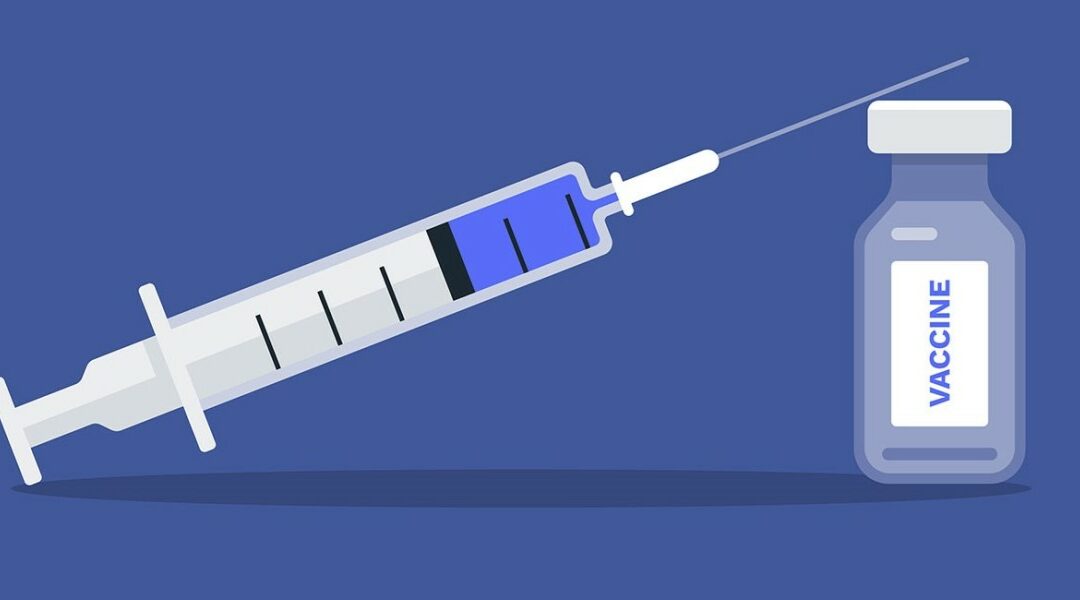mRNA-based therapies have received significant attention in recent years for their potential to treat chronic diseases, and RNA vaccines have emerged as a promising approach for vaccine development. RNA vaccines have advantages over DNA vaccines in terms of production, distribution, and safety, and have shown promise in human clinical trials, driving demand for mRNA vaccines and drugs.
Get a Sample PDF of the Report: https://www.extrapolate.com/sample/healthcare-medical-devices-biotechnology/mRNA-vaccine-and-therapeutics-market/87464
The field of mRNA therapy and mRNA vaccines has witnessed steady growth, with significant investments and technological advancements leading to the development of various drugs targeting various diseases.
Growing Expansion Globally by Prominent Players to Secure Market Positioning
Given the existence of several companies globally, the market for mRNA vaccines and therapeutics is fragmented. Key players are implementing various strategies such as partnerships, mergers and acquisitions, geographic expansion, and strategic collaborations to strengthen their market presence.
Prominent players in the market include
- Moderna, Inc.
- Pfizer Inc.
- Benchling
- Orna Therapeutics
- Merck KGaA
- Sanofi
- BioNTech SE
- Daiichi Sankyo Co., Ltd
- GSK plc
- Sangamo Therapeutics
- AstraZeneca
Unlock key industry insights with our research report. For More Information, Enquire Now! https://www.extrapolate.com/enquire/healthcare-medical-devices-biotechnology/mRNA-vaccine-and-therapeutics-market/87464
Trending Now: Moderna Finalizes Location for its Innovation and Technology Centre (MITC) in the UK
The Moderna Innovation and Technology Centre will be located at Harwell, the UK’s leading science and innovation campus in Oxfordshire (MITC). This achievement comes after the completion of Moderna’s ten-year strategic partnership with the UK government, which was announced in December 2022.
Moderna is the most recent company to join Harwell’s Health Tech cluster. The Oxfordshire campus houses Europe’s largest publicly funded open-access scientific facility collection. A clinical biomarker laboratory will also be part of the MITC. The facility is part of a larger investment in which Moderna will collaborate with academic and NHS partners across the UK to bring research, clinical trials, and skill development to many parts of the country.
Growing Utility of Preventive Vaccines to Gain Traction in Forthcoming Years
The preventive segment is anticipated to lead the global mRNA vaccine and therapeutics market. The growth of the segment is attributable to the ability to prevent diseases such as polio, rabies, human papillomavirus (HPV), influenza (flu), and hepatitis B. Since the dermis is highly vascular and contains many immune cells, including many dendritic cells, it is a preferred site for injection, particularly vaccination.
Download a Sample PDF of this Report – (Including Full TOC, List of Tables & Figures, and Chart)
Growing Cases of Infectious Diseases to Augment Demand for mRNA-Based Vaccines
The infectious diseases segment is expected to dominate due to an increase in the patient population and public awareness of infectious diseases. The increasing use of mRNA-based vaccines and the presence of many potential candidates in clinical trials for various infectious diseases support segmental growth.
Rising Interest of Pharmaceutical Giants in mRNA to Create Investment Opportunities
The growing interest among major pharmaceutical and healthcare companies in understanding the structure of mRNA and utilizing its primary functionality to treat a variety of medical conditions for which there is currently no treatment is expected to lead to the expansion of the global market for mRNA vaccines and therapeutics.
The most recent example of extensive research and studies on mRNA-based vaccines to combat the Covid-19 virus appeared to be successful. The global market could benefit further from the pharmaceutical industry’s giants’ increasing strategic measures such as collaborations, joint ventures, acquisitions, and mergers to contribute more to this segment.
For instance, Pfizer, a leading pharmaceutical company and a pioneer in the development of vaccines against Covid-19, announced in July 2022 that it will invest approximately USD 470 million to expand its research and developmental activities on mRNA vaccines. The company intends to maintain its position in the mRNA sector with this initiative. Pfizer will build a new facility and renovate all of its existing units on the New York campus, which is currently the company’s main research facility to achieve its goals.
Purchase This Comprehensive Research Report for Valuable Market Insights: https://www.extrapolate.com/complete-checkout-buyal/87464
North America to Globally Dominate with Increased Availability of Research Funding
The global mRNA vaccine and therapeutics market is dominated by North America. This substantial growth is primarily attributable to increased research funding, the expansion of federal programs for RNA-based drugs, and the growing number of clinical trials. The prevalence of chronic obstructive pulmonary disease (COPD) and respiratory diseases, the well-established healthcare infrastructure, and the presence of significant market participants in the region are some of the factors influencing the market growth.
Rising Cases of Rare Genetic Diseases in Europe to Garner Product Demand
Several factors have contributed to the rapid growth of the European mRNA vaccines and therapeutics market. One of the main drivers is the growing number of patients in the region with rare genetic diseases, as well as increased awareness of these rare genetic conditions. This has prompted major pharmaceutical companies to focus on developing transformative therapies based on mRNA technology.
